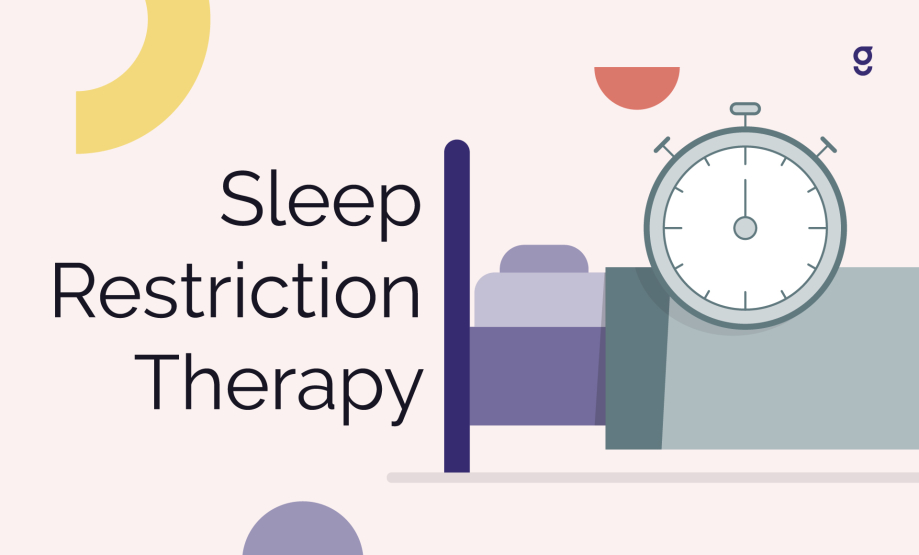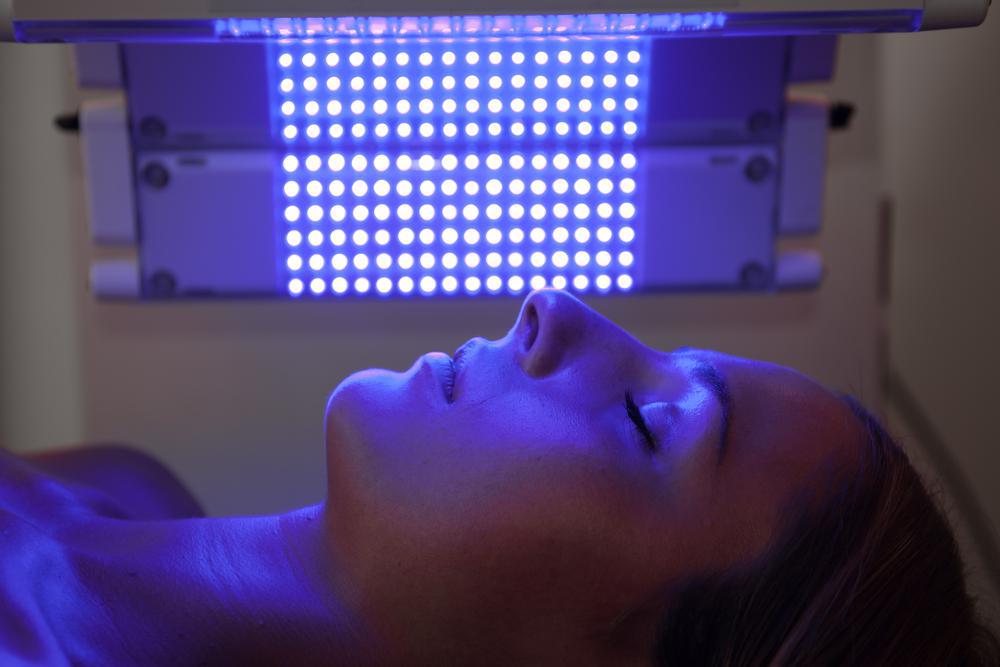Experienced Insomnia Specialist - Personalized Look After Better Sleep
Experienced Insomnia Specialist - Personalized Look After Better Sleep
Blog Article
Efficient Therapy Solutions for Handling Sleep Disorders and Enhancing Restful Rest
In the realm of healthcare, the administration of sleep problems and the quest for relaxing sleep are pivotal components of general health. As we browse the elaborate landscape of sleep conditions and look for to improve our sleep experience, a deeper understanding of these treatment remedies may hold the key to opening a more relaxing and meeting restorative trip.
Cognitive Behavior Therapy for Sleeping Disorders (CBT-I)
Cognitive Behavior Treatment for Insomnia (CBT-I) is an organized, evidence-based therapy approach that focuses on addressing the hidden variables adding to rest disruptions. This sort of therapy intends to modify habits and ideas that intensify sleep problems, inevitably promoting healthy rest patterns. CBT-I normally includes a number of crucial parts, consisting of cognitive therapy, sleep limitation, stimulus control, and rest hygiene education and learning.
Cognitive therapy aids individuals identify and alter unfavorable idea patterns and ideas about rest that might be impeding their capability to drop or stay asleep. Sleep limitation includes limiting the amount of time invested in bed to match the individual's real rest period, thereby enhancing sleep effectiveness (insomnia counseling). Stimulus control techniques help develop a strong association between the bed and rest by encouraging individuals to go to bed just when drowsy and to prevent participating in boosting activities in bed
Furthermore, rest hygiene education and learning concentrates on establishing healthy and balanced rest practices, such as maintaining a consistent sleep routine, producing a relaxing going to bed regimen, and maximizing the sleep environment. By dealing with these elements adequately, CBT-I provides an efficient non-pharmacological treatment for taking care of insomnia and improving overall sleep quality.
Sleep Hygiene Practices
Having actually developed the foundation of cognitive restructuring and behavior modifications in addressing insomnia with Cognitive Behavioral Therapy for Insomnia (CBT-I), the focus now shifts in the direction of discovering vital Rest Health Practices for preserving optimum sleep quality and overall wellness.
Rest health methods include a variety of routines and environmental elements that can significantly impact one's capacity to drop off to sleep and remain asleep throughout the night. Regular sleep and wake times, developing a relaxing bedtime regimen, and enhancing the sleep atmosphere by maintaining it dark, silent, and cool are important parts of great rest hygiene. Restricting direct exposure to displays before bedtime, staying clear of energizers like caffeine near going to bed, and participating in regular physical task throughout the day can also advertise better sleep top quality.
In addition, exercising leisure techniques such as deep breathing exercises or reflection prior to bed can help soothe the mind and prepare the body for sleep. By incorporating these rest health techniques into one's everyday regimen, people can develop a healthy and balanced rest pattern that sustains restful sleep and overall well-being.
Leisure Techniques and Mindfulness
Applying relaxation techniques and mindfulness practices can play an essential function in fostering insomnia doctor specialist near me a feeling of calmness and promoting quality rest. sleep therapy. These methods aim to quiet the mind, minimize stress and anxiety, and produce an ideal setting for relaxing sleep. One widely practiced technique is deep breathing exercises, where people concentrate on slow-moving, deep breaths to loosen up the mind and body. Progressive muscular tissue relaxation includes tensing and after that launching each muscular tissue group, promoting physical leisure. Additionally, assisted images can aid move individuals to a serene location in their minds, aiding in stress and anxiety decrease and boosting sleep high quality.
Mindfulness practices, such as reflection and yoga, are additionally reliable in promoting relaxation and boosting rest. Mindfulness urges people to stay existing in the moment, releasing stress over the past or future. By including these methods right into a bedtime routine, individuals can indicate to their bodies that it is time to relax and prepare for rest. Generally, incorporating leisure strategies and mindfulness methods can significantly contribute to taking care of sleep problems and boosting general sleep high quality.

Medication Options for Sleep Disorders
After exploring relaxation strategies and mindfulness methods as non-pharmacological interventions for enhancing sleep quality, it is essential to take into consideration medication choices for people with rest problems. In cases where way of living adjustments and therapy do not give adequate relief, medicine can be an important device in taking care of rest disruptions.
Generally prescribed medications for rest conditions include benzodiazepines, non-benzodiazepine hypnotics, antidepressants, and melatonin receptor agonists. Antidepressants, such as trazodone, can be advantageous for individuals with co-occurring depression and rest disruptions - insomnia solutions.
It is vital for people to seek advice from a medical care service provider to identify one of the most proper drug choice based upon their certain rest problem and case history.
Light Treatment for Body Clock Guideline
Light therapy, additionally called photo-therapy, is a non-invasive treatment approach made use of to control body clocks and enhance sleep-wake cycles. This treatment involves exposure to bright light that simulates natural sunshine, which helps to reset the body's biological rhythm. By exposing people go to this web-site to particular wavelengths of light, typically in the morning or evening depending upon the desired effect, light therapy can successfully change the circadian rhythm to promote wakefulness throughout the day and improve peaceful sleep in the evening.
Research has actually shown that light treatment can be particularly advantageous for important source people with circadian rhythm problems, such as postponed rest stage syndrome or jet lag. It can likewise be valuable for those experiencing seasonal depression (SAD), a sort of anxiety that typically happens throughout the winter months when all-natural light exposure is decreased. Light therapy is typically well-tolerated and can be used in combination with other treatment techniques for rest problems to optimize outcomes and improve total sleep top quality.
Final Thought
Finally, efficient therapy solutions for handling rest disorders and improving restful sleep include Cognitive Behavior modification for Sleeplessness (CBT-I), sleep health techniques, leisure strategies and mindfulness, medicine options, and light therapy for circadian rhythm guideline. These strategies can aid people improve their rest top quality and overall wellness. It is very important to seek advice from a doctor to identify the most appropriate method for resolving rest issues.
As we browse the detailed landscape of rest disorders and look for to boost our rest experience, a much deeper understanding of these therapy remedies may hold the trick to unlocking a more rejuvenating and satisfying corrective trip.
Rest constraint includes restricting the amount of time spent in bed to match the person's real rest period, consequently enhancing sleep efficiency. Constant rest and wake times, creating a relaxing going to bed routine, and enhancing the sleep atmosphere by maintaining it dark, quiet, and cool are crucial elements of excellent rest health. Light treatment is typically well-tolerated and can be used in combination with other therapy methods for sleep conditions to enhance results and enhance general rest high quality.

Report this page